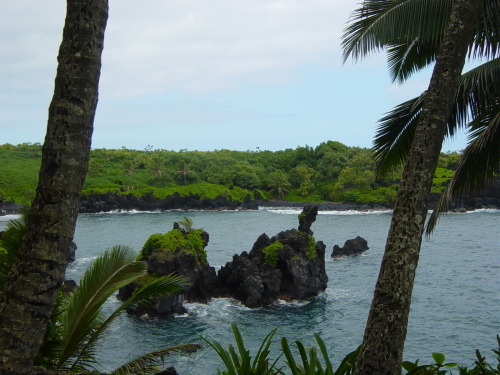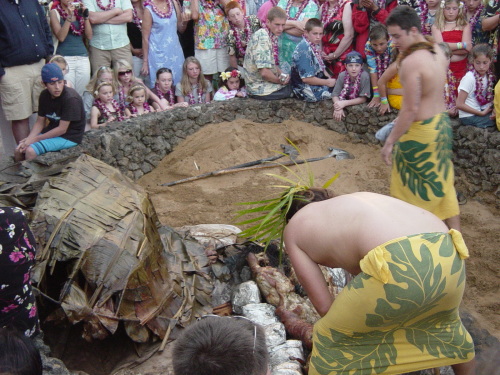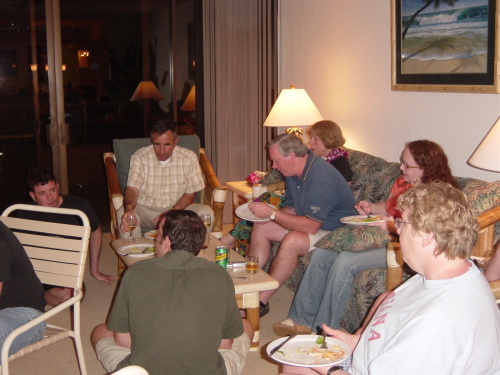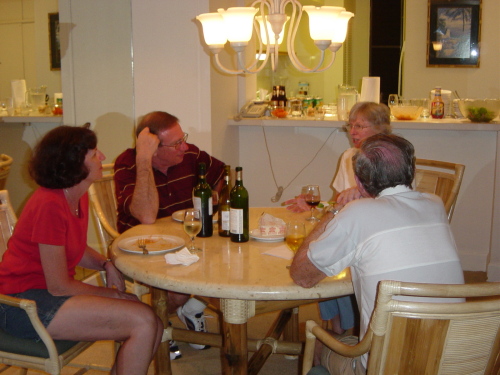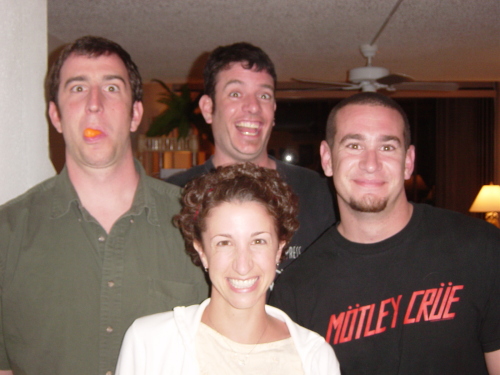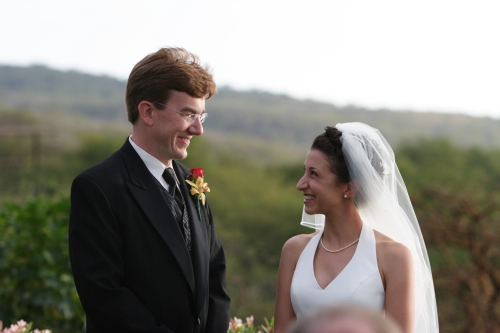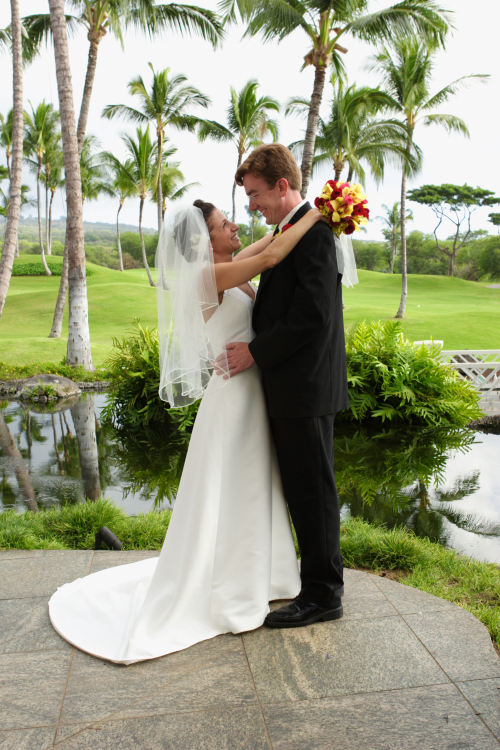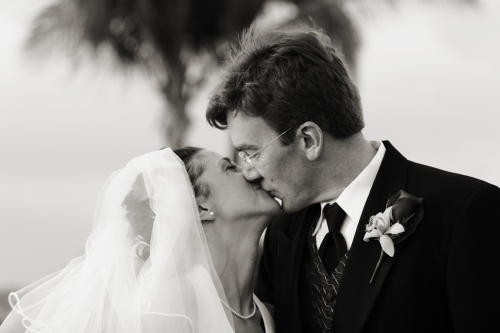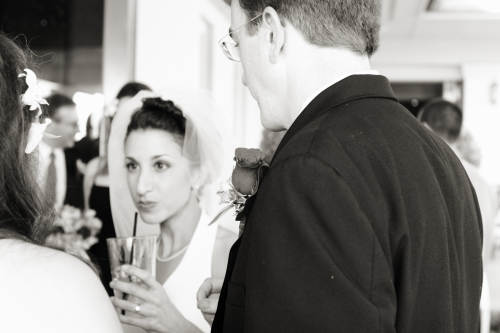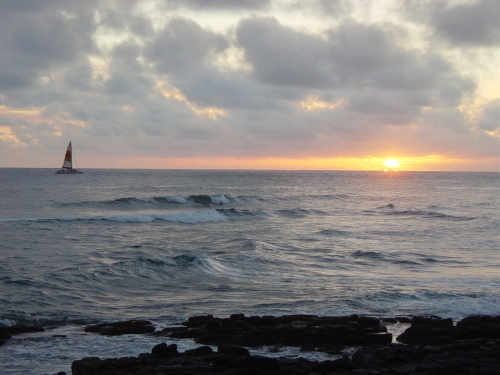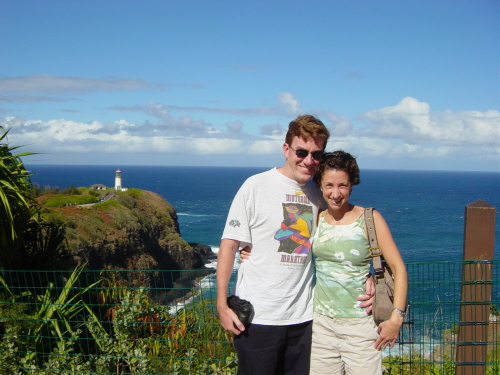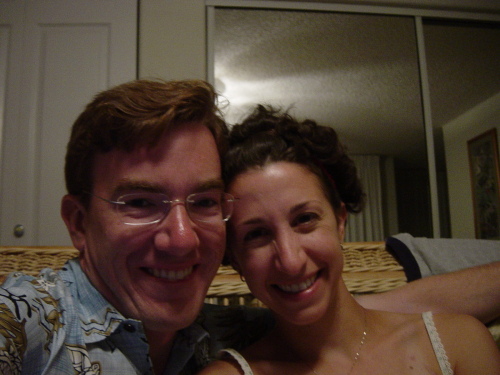End of FEMBA
Most of this post was written just after I finished the final exam for my last class of the Fully Employed MBA program at the UCLA Anderson School of Management. This has been a very busy, very enriching, very worthwhile three years. I admit to feeling a bit nostalgic already, and I wonder what to do next.
There were a number of really good classes. (How much of the experience is due to good professors, and how much is due to the subject matter itself? What are the influences of a good set of classmates? Or the rest of one's life: If one is experiencing good things, do the classes seem better? These kinds of questions border on the "free-will vs determinism" debate, but since I tend to think that philosophers on either side of that one don't really understand the other side's point, I'll skip it for now.)
I think that my favorite professor of the program was Mark Garmaise, who taught Theory of Finance (MGMT 230) and Venture Capital And Private Equity (MGMT 235). These were two interesting classes, from a content perspective, and Prof. Garmaise ran the class well. In several other classes, student comments and questions could derail the professors' lectures. I think that some professors thought that it was a good idea to "stimulate debate", but I fear that more was lost due to students just tossing out their (ill-informed) conjectures. Garmaise was particularly good at classroom participation: He wouldn't let the class get off the point, he would tell people that they were wrong, and he would keep asking questions until the student's point was fully made. (Students need to think about what they are saying during class, or they will just be wasting everyone's time.) Yes, there was a tinge of fear in the class during case discussions… But that is as it should be! The material itself was presented from a point of view that I find very compelling: Quantitative analysis was used to elucidate real-world phenomena.
Other classes that I thought were interesting was David Aboody's Valuation class (MGMT 228), which was a sort of culmination of the previous finance. It gave insight into how professionals value companies, and (maybe / hopefully?) could form a basis for my future work in the quantitative finance area. Richard Stern's introductory statistics class (MGMT 402) was quite good, too. (It was a core class during the first quarter of study, and provided a bit of comfort for this engineer.) Bill Cockrum's Entrepreneurial Finance class (MGMT 231E) deserved the fine reputation that it has, too. It was another case-style class, and again, it was well managed (again with the tinge of fear in the class every lecture). It was really more from the perspective of the general manager, rather than from a finance professional, and every MBA student at UCLA should go through it. Steve Lippman's Negotiations Analysis (MGMT 215) was perhaps the most FUN class. The lectures were only moderately valuable, but the homework was great. Every week we were assigned different negotiation partners (adversaries?) from the class, and had a role to play in a negotiation. Our grade was based on how well we did relative to the rest of the class, so some of the negotiations got to be knock-down-drag-out battles. Good! Too often it seems necessary to hide the competitive spirit, and it was good to get permission to bare the teeth a bit. Other good classes were Flamholtz's Entrepreneurial Organizations class (with great guest lecturers, who were mostly CEO's who could relate real-world experiences), and Tabbush's Economics class (again, I liked his lecturing style, but perhaps I am a bit masochistic).
The capstone experience was the Global Access Program, in which my team worked with a small Ireland-based company that makes software that connects on-aircraft data to the airline IT infrastructure. It started in early May 2005 (with teaming discussions starting earlier), picked up speed in late July (with the company executives visiting UCLA for a multi-day kickoff), included a week of travel to Dublin and England in September, and culminated with a detailed business plan and presentation in December. We put so much time into that! My teammates (Richard, Audra, Damien, and Kieran) were dependable and had complementary skills, and I hope that we stay in contact after graduation. I think that we added some value to the company, but I fear that the business situation was changing so fast that we were analyzing last year's problems. At least, I think that I got enough experience with the writing of a solid business plan (and receiving critiques from professors and other professionals) that I could make a good stab at writing another one if the opportunity arose.
The overall time commitment was rarely less than 15 hours per week. There were two classes (each four hours or so), almost always a group meeting on the weekend (another four hours or so), and study/self-homework (maybe another four hours per week). But those were strategic hours, as they could only really occur after/around Honeywell work hours. So, most weekday nights involved study or classes, and at least one weekend day was taken up. I tried to have work absorb some of the time, but I think that every other area of life suffered. (That said, I wooed, engaged, and married a lovely young woman during this time, so other areas must not have suffered TOO much.)
I am pleased to say that I received the J. Fred Weston Award for academic excellence in finance. This was apparently by vote or nomination of the faculty, which is an honor. My grade-point average was decent, 3.6+, but that doesn't reflect the learning. (E.g. I got a "B+" in the Venture Capital class, but personally got lot out of it. Fair enough: There were VC's in the class, and they should get a better grade than I.)
So what next? I've learned new ways of looking at the world, and an insight into other types of choices. It would seem right to try to put those new skills into practice… somehow. Does that mean a new position at work? (My situation is a bit different at work now than it was when I started FEMBA.) Does it mean that I should look elsewhere? (I would probably be remiss if I did not.) What types of new skills do I want to develop? There are certainly non-work-related areas that I would like to improve; things that have been put on hold during the program. A short list includes time with family, home improvements, travel, fitness, writing, music, languages, various sorts of programming projects, a pilots license, and so on. I would like to do more investing (and maybe that would tie into job searches).
So it was a good experience. And more marketable (with three collegiate-level degrees, two in engineering and one in business). There are many good possibilities out there. I have no doubt that whatever the choice of path, things will work out well.

